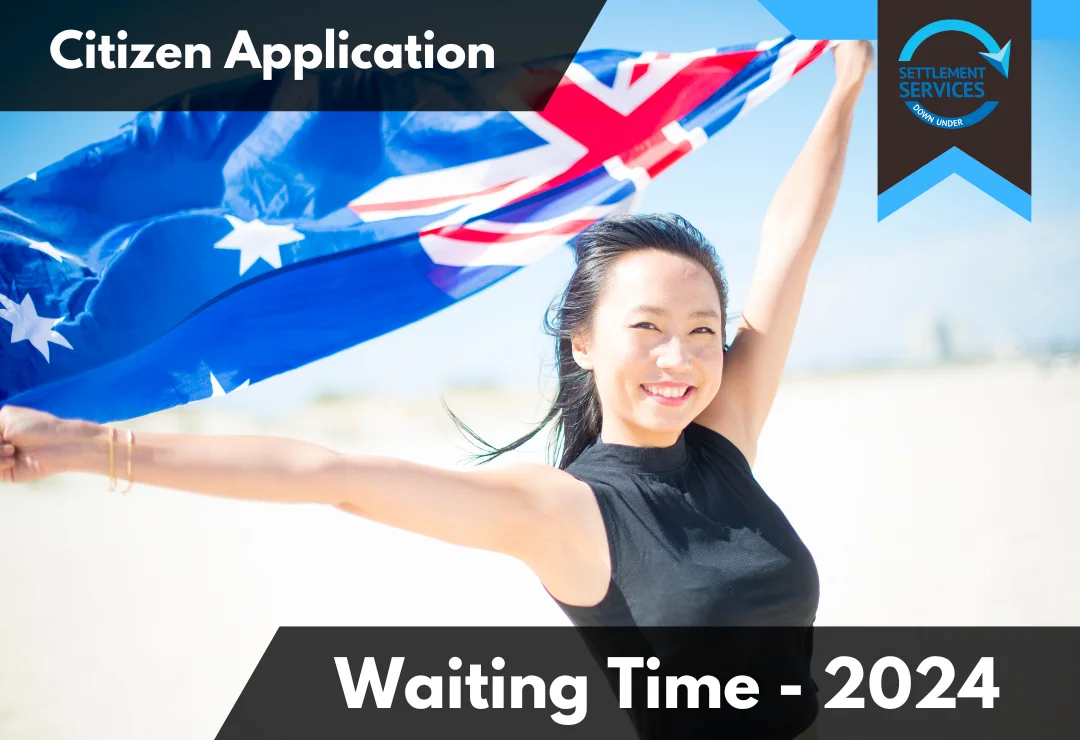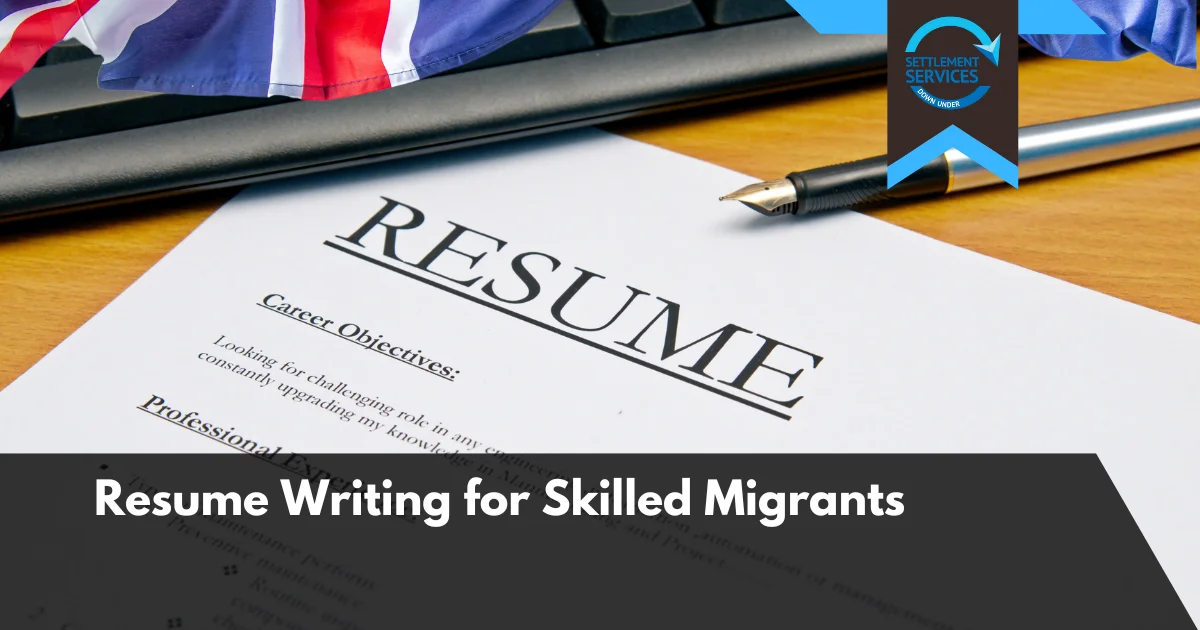Applying for Australian citizenship is an important milestone for many permanent residents. However, understanding the citizen application waiting time is crucial to managing your expectations during the process. This guide breaks down the different stages of the application process, estimated waiting times, types of applications, and factors that may affect processing times.
Processing Time for Naturalization
The processing time for naturalization varies depending on the type of application, the applicant’s individual circumstances, and external factors like background checks and interview availability. On average, the processing time ranges from 12 to 18 months for most applicants, but it can extend up to 24 months for specific cases.
Here’s a breakdown of citizenship application processing times based on the type of application:
| Application Type | Estimated Processing Time |
|---|---|
| General Eligibility Citizenship Application | 12 to 18 months |
| Citizenship by Descent | 3 to 6 months |
| Citizenship by Adoption | 6 to 12 months |
| Citizenship for Stateless Persons | 12 to 24 months |
| Citizenship for Refugees and Humanitarian Entrants | 18 to 24 months |
| Citizenship by Conferral (over 60/with disabilities) | 12 to 24 months |
Citizen Application Waiting Time: Stages of the Process
Understanding the stages involved in the citizenship application process can give you a clearer idea of the timeline. Here’s a breakdown of the steps and their respective waiting times:
| Stage | Description | Estimated Timeframe |
|---|---|---|
| Application Submission | Submission of citizenship application form along with supporting documents | 1 to 2 weeks |
| Acknowledgment of Application | Confirmation of receipt from the Department of Home Affairs | 2 to 4 weeks |
| Initial Assessment | Verification of documents, eligibility, and security checks | 4 to 6 months |
| Interview and Test Scheduling | Invitation for a citizenship test or interview | 6 to 9 months |
| Citizenship Test or Interview | Attending the scheduled test or interview | 1 to 2 weeks after scheduling |
| Final Assessment | Background checks, security, and health evaluations | 9 to 12 months |
| Approval of Application | Citizenship approval notification | 12 to 18 months |
| Citizenship Ceremony Scheduling | Invitation to attend the citizenship ceremony | 3 to 6 months after approval |
| Citizenship Ceremony | Formal event to take the citizenship pledge and receive the certificate | Total: 15 to 24 months |
Tracking Your Application
Once you’ve submitted your citizenship application, you can track its progress through your ImmiAccount. While waiting, it’s advisable to keep an eye on updates from the citizenship forum Australia, where applicants frequently share their experiences, timelines, and any recent changes in processing times.
Ways to Shorten the Waiting Time
While the waiting time for citizenship may be largely out of your control, you can take steps to ensure your application is processed as quickly as possible:
- Ensure accuracy: Double-check your application for any errors or missing documents.
- Attend appointments on time: Missing interviews or rescheduling appointments may cause further delays.
- Stay informed: Participate in the citizenship forum Australia to get insights from other applicants and stay updated on processing time trends.
Percentage Breakdown of the Application Process
The following chart provides a percentage breakdown of the main stages in the application process:
- Initial Assessment: 30%
- Background & Security Checks: 35%
- Interview/Test Scheduling: 10%
- Final Assessment & Approval: 15%
- Citizenship Ceremony: 10%
Here’s a visual representation of these stages:

Factors Affecting the Citizen Application Waiting Time
Several factors can influence the time it takes for your Australian citizenship application to be processed. While the Department of Home Affairs provides general timelines, individual cases can experience delays due to a variety of reasons:
1. Completeness and Accuracy of the Application
- Missing or Incomplete Documents: If key documents such as identity proofs, residency certificates, or background check forms are missing or incomplete, it can cause significant delays. Ensure that all supporting documents are submitted in the correct format.
- Errors in the Application: Any discrepancies or inaccuracies in the application form, such as wrong dates or incorrect personal details, may trigger further investigation or requests for clarification, leading to a longer processing time.
2. Volume of Applications
- High Demand Periods: Citizenship applications may surge during certain periods, such as after changes in immigration laws or government policies. Higher volumes of applications naturally increase the workload for the Department of Home Affairs, resulting in longer processing times.
- Geographical Location: Applications processed in larger cities or regions with higher demand may face longer waiting periods compared to less populated areas.
3. Background and Security Checks
- Criminal History: If an applicant has a prior criminal record or pending legal issues, it may take additional time for security clearance. This can also include in-depth checks if you’ve lived in multiple countries.
- International Backgrounds: Applicants who have lived in several different countries may experience delays due to the time it takes to conduct international background and character checks across jurisdictions.
4. Residency and Travel History
- Complicated Travel Histories: Applicants who have traveled extensively or lived in multiple countries during their residency in Australia might need additional scrutiny of their travel history. The Department of Home Affairs will need to verify the details of each period of absence.
- Failure to Meet Residency Requirements: Applicants who fall short of the residency requirements (e.g., staying outside Australia for extended periods) may experience delays or even rejections. Clarifying this requires extra documentation and time.
5. Interview or Test Rescheduling
- Missed Appointments: If you miss your citizenship interview or test date, or request to reschedule, it can push back your application by several weeks or even months, depending on availability.
- Test Preparation Time: Applicants who need more time to prepare for the citizenship test may voluntarily delay their interview or test, which extends the overall timeline.
6. Health and Character Issues
- Medical Conditions: In some cases, applicants may be required to undergo health assessments or submit additional medical documents, which can add time to the approval process.
- Character Issues: Applicants with complex character issues (such as allegations or investigations) may face extended background checks to verify good conduct and suitability for citizenship.
7. Citizenship Ceremony Scheduling
- Ceremony Backlogs: After your application is approved, you still need to attend a citizenship ceremony to officially become an Australian citizen. Depending on where you live, there may be a backlog of ceremonies. Major cities and regions with higher populations often have longer waits between approval and the ceremony.
- Special Circumstances: Applicants may request an expedited ceremony for special reasons (e.g., urgent travel or employment opportunities), but approval for such requests depends on availability and discretion from the authorities.
8. Policy and Legislative Changes
- Government Policy Changes: Changes to immigration and citizenship policies can affect processing times. If new laws are introduced, they may require applicants to provide additional documentation, undergo further checks, or meet new criteria, leading to extended processing times.
- Global Events: External global factors, such as pandemics or international diplomatic issues, can slow down processes, especially for applicants who need to obtain documents from foreign governments.
9. Delays Due to COVID-19
- Residual Backlogs: While many operations have returned to normal post-pandemic, some residual backlogs remain. The pandemic caused widespread delays in processing times, and certain cases from that period are still catching up.
10. Inquiries and Requests for More Information
- Additional Inquiries: If the Department of Home Affairs needs more information or further clarification on any part of your application, they will send a request for more documents or explanations. Fulfilling these requests promptly can speed up the process, but delays in providing responses can extend your waiting time significantly.
11. Priority Applications
- Expedited Processing for Certain Applicants: Some applications may be prioritized, such as those related to defense force personnel or individuals in urgent situations. These priorities can shift resources away from standard applications, resulting in longer wait times for the general public.
Current Waiting Times in 2024
As of 2024, the average waiting time for a citizenship ceremony after approval is around six months. This additional time varies based on location and demand. For example, major cities may experience longer waits compared to smaller towns or rural areas.
The citizen application waiting time can vary based on many factors, but understanding the process and typical timelines can help manage expectations. Staying on top of your application status, ensuring all documentation is accurate, and engaging with resources like the citizenship forum Australia are key ways to ensure your application is processed as efficiently as possible.







